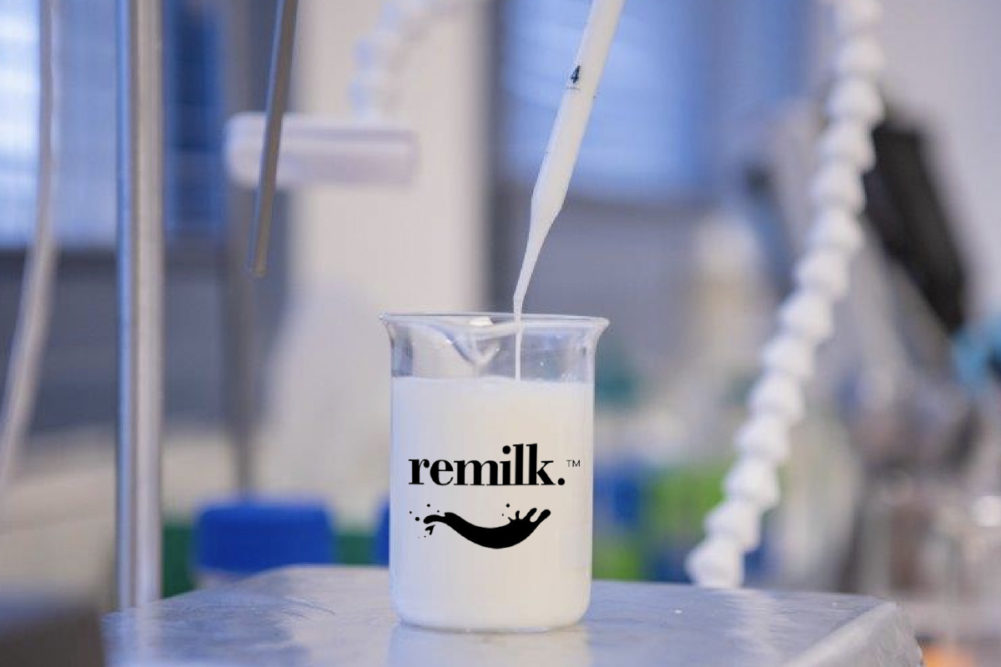TEL AVIV, ISRAEL – Animal-free dairy innovator Remilk revealed plans to build what the company described as the world’s largest full-scale precision fermentation facility.
The announcement comes following the close of $120 million in Series B funding. The new facility will be built on more than 750,000 square feet of land that Remilk acquired via the Symbiosis project, a sustainable industrial ecosystem in Kalundborg, Denmark.
Within the Symbiosis project, byproducts from one company turn into resources for another. Currently, the economic and environmental impact being made within the collaborative ecosystem in Denmark involves more than a dozen companies, including Novozymes, Novo Nordisk and Chr. Hansen.
Remilk’s new facility expects to produce volumes of non-animal dairy protein each year that is equivalent to what is produced by 50,000 cows. The dairy protein will be used in products such as cheese, yogurt and ice cream.
The animal-free dairy company founded by Aviv Wolff and Ori Cohavi developed a yeast-based fermentation process that produces non-animal milk proteins for use in traditional dairy products. Remilk noted that dairy produced through its precision fermentation process “requires a fraction of the Earth's resources and emits a fraction of the harmful greenhouse gas emissions” compared to animal dairy.
"Remilk is committed to reinventing our dairy industry in a kind, sustainable way,” said Wolff, the company’s chief executive officer. “Eliminating the need for animals in our food system is the only way to supply our world's growing demand without destroying it in the process. We intend to massively scale up our production capabilities to make nutritious, delicious and affordable dairy that will send cows into early retirement."
Wolff added: "We are not just dreaming big, we are acting upon our promise to dramatically reduce the food industry's devastating impact on our planet. Ending animals' historic role as providers of food for humankind is one of the most powerful measures we can take to reduce our impact on this planet."
Per a Boston Consulting Group and Blue Horizon Corporation report, alternative proteins could account for 11% ($290B) of the global protein market by 2035.
Remilk landed on Kalundborg, Denmark, as the location for its first full-scale facility because of the Symbiosis project’s industrial sustainability and the support from the city and the Danish government. The city, the Ministry of Foreign Affairs of Denmark, the Danish embassy in Israel and the Israeli Embassy in Denmark partnered to make Remilk’s building project in Kalundborg possible.
The city’s mayor, Martin Damm, said Remilk “fits perfectly into our sustainability profile.”
Anne Hougaard Jensen, director of Invest in Denmark, the Ministry of Foreign Affairs of Denmark, added: “This investment is a recognition of Denmark's position as a global leader in sustainable food production and innovation. Remilk brings important knowledge to Denmark in terms of research and development with food ingredients and dairy products. I am convinced that the opening of Remilk's production facility in Denmark will be an important step towards an even more sustainable future for the food and dairy industry."
Denmark, known as a world leader in its sustainability efforts, gets about 80% of the energy in its grid from green power sources. The Danish parliament set a goal for Denmark to transition its entire electricity system to be independent of fossil fuels by 2027.

